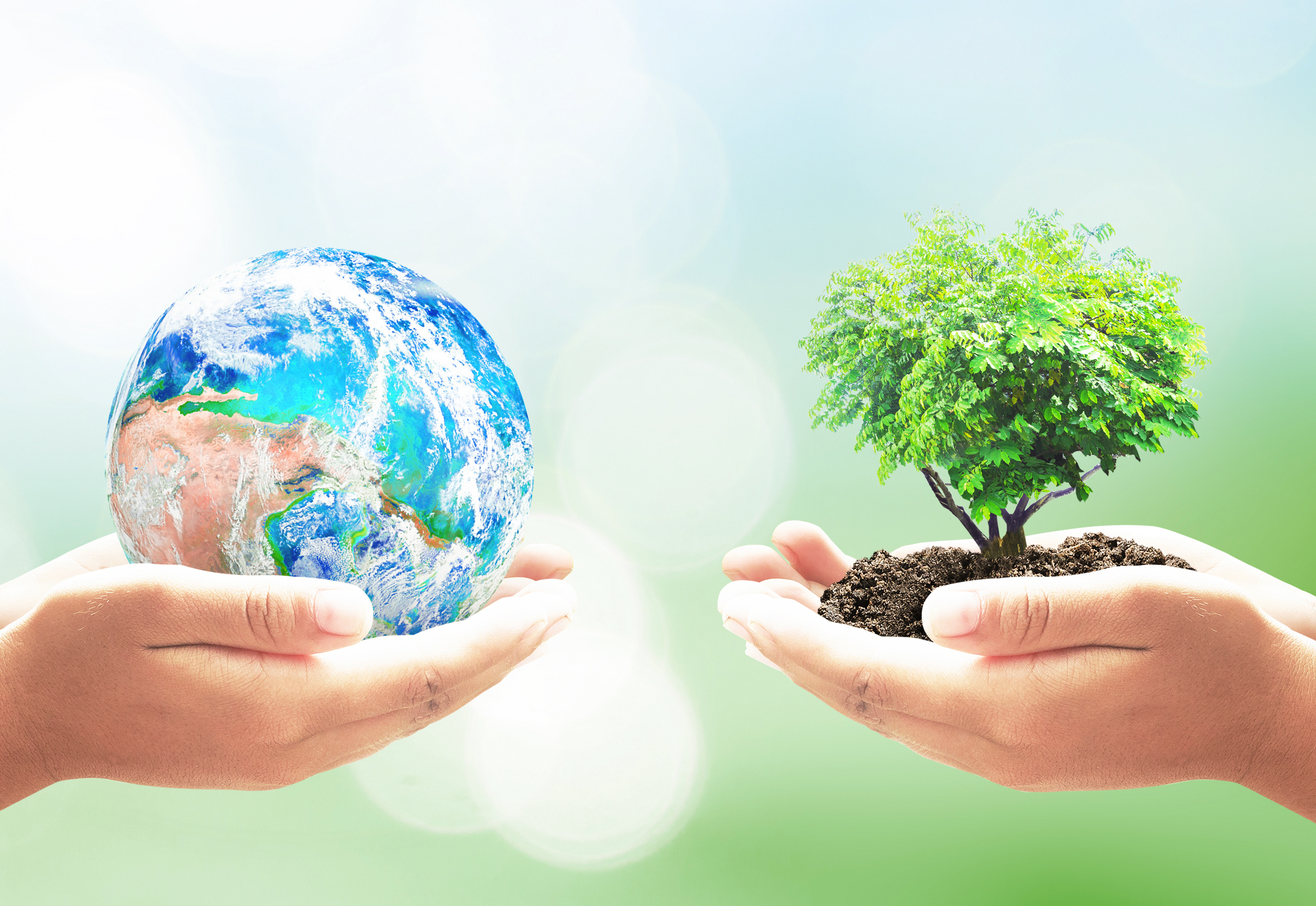Human beings live on planet Earth and it is our sacred duty to preserve our planet for our future generations. The connection that we have to nature, plants, and the land is integral to our health and all that we are. Earth Day, celebrated tomorrow on 22 April each year reminds us to take care of our planet, whether it’s cleaning up litter, planting more trees, recycling and repurposing, or going on a walk in a green space amidst the wildflowers.
Earth Day 2021 will mark the 51st anniversary of celebrating this day which was first organised in 1970 in the USA. Dealing with dangerously serious issues concerning toxic drinking water, air pollution, and the effects of pesticides, an impressive 20 million Americans—10% of the population—ventured outdoors and protested together. Today, Earth Day is marked by more than a billion people every year as a day of action to change human behaviour and create global, national and local policy changes. As of the 2020 Earth Day celebrations, 1 Billion individuals have been mobilised for action every Earth Day with more than 190 countries engaged in this cause.
With the largest global crisis of our generation currently on, it has become clear how important it is to think ahead of the next crisis. Climate change, species loss, pandemics and massive natural disasters might define the future, unless we do something now.
The theme for the 2021 edition of Earth Day is Restore our Earth. The theme is based on the emerging concept that rejects the idea that our only options to save the planet are to mitigate or adapt to the impacts of climate change and other environmental damage. Scientists, non-governmental organizations, business, and governments worldwide now are looking at natural system processes and emerging green technologies to restore the world’s ecosystems and forests, conserve and rebuild soils, improve farming practices, restore wildlife populations and rid the world’s oceans of plastics. While the world waits for global political and business leaders to take decisive action to reduce carbon emissions, natural processes including reforestation and soil conservation can store massive amounts of carbon while restoring biodiversity, clean water and air and rebalancing ecological systems. Restoration is pragmatic and necessary to reduce climate change.
Restoration also brings hope, itself an important ingredient in the age of COVID-19. The impacts of the pandemic have illustrated with painful clarity that the planet faces two crises and they are connected: global environmental degradation and its connection to our health. Deforestation, wildlife trade, air and water pollution, human diets, climate change and other issues have all fed into a breakdown of our natural systems, leading to new and fatal diseases, such as the current pandemic, and a breakdown of the global economy.
Everyone of us can celebrate the day. With restrictions in place in many countries, the activities we can do need not be just physical, they can also be virtual. You could perhaps, plant a garden or add some green to your home like a small herb garden which is easy to grow and maintain. You could also take a walk while social distancing and discover green spaces closeby and learn about the plants and animals indigenous to your area. Learn about recycling and upcycling as well as shop sustainable brands online and see how you can save the environment. While at home, we can also watch documentaries about the earth which will increase our knowledge about this beautiful planet we call home. And lastly, we can also take virtual field trips which many national parks and other outdoor places organise. This way, you don’t travel and increase your carbon footprint!
So how do you plan on celebrating and commemorating Earth Day?



